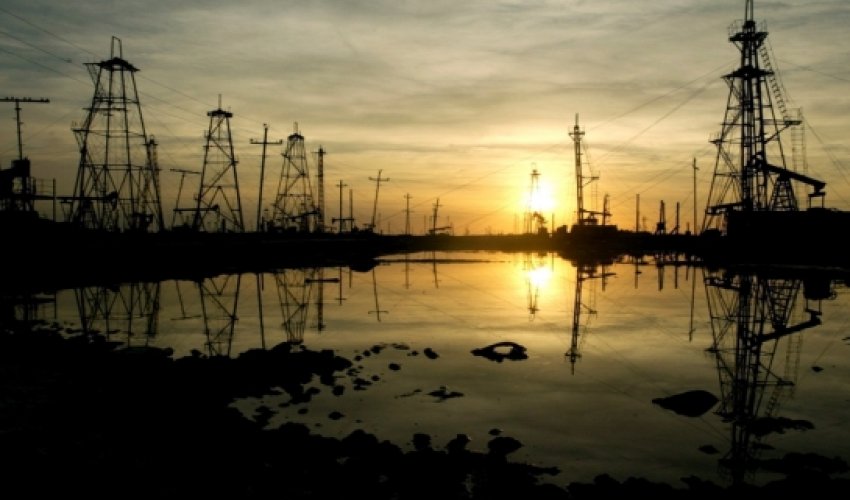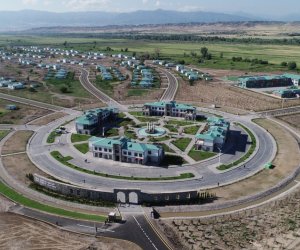By Brenda ShafferIn the wake of the European Union’s failure to conclude an association agreement with Ukraine, one could be forgiven for thinking that it is losing its touch in the former Soviet Union. It isn’t. This week, EU leaders signed a deal with Azerbaijan to build a pipeline for importing gas from Azerbaijan into Europe. All told, the arrangement is expected to bring billions of investment dollars into southern Europe and will, in the construction phase alone, create about 30,000 new jobs in the countries that the pipeline will eventually link: Azerbaijan, Georgia, Turkey, Greece, Bulgaria, Albania, and Italy.The timing of the Shah Deniz project, as it is called, could not have been better. By now, Russia’s record of attempting to prevent former Soviet states from expanding their trade with Europe is well known. In Ukraine, Russian pressure seems to have worked. In Azerbaijan, too, Russia has meddled in domestic politics (it fronted a Russian citizen in recent Azerbaijani national elections), exiled Azerbaijani workers from Russia, and drummed up anti-Azerbaijani sentiments in the Russian media. Unlike in Ukraine, however, Russian interference couldn’t prevent the deal.Azerbaijan’s steadfastness is partly the result of years of EU and U.S. diplomacy. In the run-up to this week’s meeting, Brussels blocked Moscow’s acquisition of energy infrastructure along the pipeline route and doggedly investigated Gazprom, Russia’s gas monopoly, for violating EU antitrust laws in the region. Helping matters along is Baku’s firm belief that cooperation with Europe is the path to security and development. A tiny state surrounded by Russia, Iran, and Turkey, Azerbaijan needs the West, perhaps more than Ukraine did, to ensure its independence. It also wants the Europe’s help resolving the Nagorno-Karabakh conflict between itself and neighboring Armenia.
The pipeline deal is also great news for Europe, opening up its first new major source of gas in decades. Shah Deniz is a mega-field, containing 40 trillion cubic feet of natural gas, equivalent to almost two years of U.S. natural gas consumption. It can also produce up to 100,000 barrels a day of condensate, which, when exported with Azerbaijani oil, will add up to almost a million barrels of oil a day.
http://www.foreignaffairs.com/articles/140569/brenda-shaffer/gas-politics-after-ukraine
ANN.Az






































 Photo
Photo 



 Video
Video 

